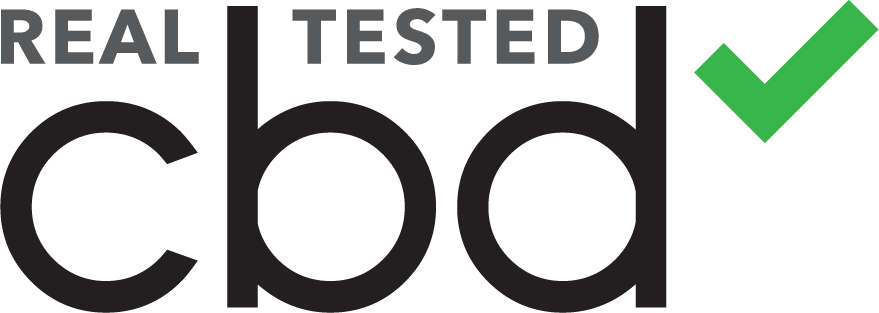To read the original article about The Difference Between Marijuana vs. Hemp CBD at Real Tested CBD.
Nine times out of ten, the CBD oils in today’s stores are “hemp-derived.” However, marijuana-extracted CBD is becoming increasingly fashionable, especially in states with recreational cannabis laws.
In fact, marijuana CBD has become so prominent that many new customers have questions about its legality. Is marijuana CBD the same as hemp CBD, or will these extracts have different effects? Most significantly, are both of these CBD oils legal in the USA?
Hemp vs. Marijuana — The Cannabis Lingo CBD Shoppers Should Know
Most Americans have probably heard the terms “hemp,” “marijuana,” and “cannabis.” However, unless people are involved in the legal hemp business, it’s unlikely they know the differences between these words. Heck, some people may not make any distinctions between these cultivars!
If you’re concerned with CBD oil legality, you must know that marijuana and hemp aren’t the same plants. Although these crops are in the cannabis family, only hemp is federally legal. By contrast, marijuana remains on the DEA’s banned substance list.
You could find traces of CBD in marijuana strains, but it’s typically not the primary cannabinoid. Indeed, the reason marijuana remains illegal has to do with its high THC concentration. Officially called “delta-9 tetrahydrocannabinol,” THC is the primary cannabinoid that gets people “high.”
The only “high” feature in hemp is its CBD percentage. Unlike marijuana, hemp strains have significant CBD concentrations and minimal delta-9 THC. By federal law, all hemp-derived CBD oils must contain ≤ 0.3 percent THC.
So, Does That Mean All CBD Oils Are “Hemp-Derived?”
If a CBD company wants to follow the 2018 US Farm Bill, then it should only use hemp flowers to make its products. However, just because they “should” use hemp doesn’t mean they will.
Since many marijuana strains have some CBD, it’s possible to find marijuana-extracted CBD products. Understandably, these marijuana CBD oils are often available in states with recreational pot laws. Also, weed-extracted CBD typically has more than 0.3 percent THC.
Unfortunately, many “hemp manufacturers” don’t properly screen their crops before making CBD oils. If hemp flowers have over 0.3 percent THC before extractors process them, they are technically illegal. In many states, hemp farmers must burn their hemp crops if third-party lab tests reveal they aren’t below legal THC levels.
Customers need to be extra cautious about buying CBD oils online. There are many horror stories from customers who ordered “CBD oil” with above-average THC concentrations. Always verify that the company you’re working with has a solid reputation and sources hemp from high-quality farms.
Can’t Tell If Your CBD Comes From Hemp Flowers? Look At The Lab Results!
Although many CBD companies claim to use hemp flowers, there’s no way to verify their claims without a third-party lab test. This Certificate of Analysis will show you the average CBD and THC levels in your hemp extract. If you bought a full-spectrum CBD oil, the total THC concentration should always be below 0.3 percent THC. However, those who ordered broad-spectrum CBD or CBD isolate should see “non-detectable” or “zero” by the THC column.
If you’re new to reading COAs, you should take a few moments to review the resources on Real Tested CBD. Our unbiased team of hemp experts has years of experience reading through hemp screenings.
Learn more about Common CBD Questions and Answers at Real Tested CBD!
Advertising disclosure: We may receive compensation for some of the links in our stories. Thank you for supporting Irvine Weekly and our advertisers.


